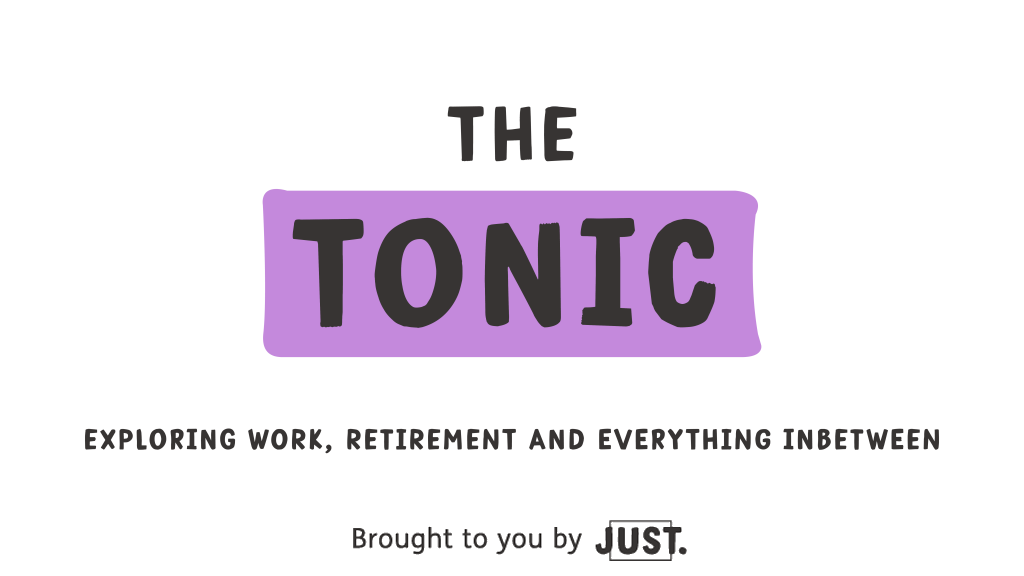Social media can offer us a lot. Support, connections, resources… and stress. But which is it best at: helping us to cope with the onslaught of daily life, or hindering us through constant pressure?
As human beings, we crave companionship in one form or another. So having a quick and easy way to connect with others right at our fingertips is bound to be addictive. No need to make plans, or get dressed, or keep up a full conversation… you don’t even have to get out of bed.
But social media is more than just socialising. It’s streams of information and perfectly crafted snippets of other people’s lives wherever we turn. And the constant presence of our social media feed can be hugely stressful.
With Meta – and others – constantly lurking around the corner, we need to know how best to minimise the constancy of social media. By knowing how to be mindful of its ubiquity, we can safeguard our mental health and stress levels. And once we have that nailed, get back to enjoying our networks with those boundaries in place.
The pressures of posting
A psychological study by Lara Wolfers and Sonja Utz has linked social media to stress in a number of ways. It can be a stressor, a resource, and a coping tool, forming three very different relationships between us and the social media we consume.
As a stressor, there’s the approval anxiety. The pressure to look fun and attractive and happy to get the most likes on your post. With the diverse range of people online, finding this approval can often be challenging. Everyone has different tastes, so appealing to as many people as possible is a tall order that often cannot be achieved. But we can’t help but try, even if it’s making us anxious.
And of course, there’s the FOMO – the fear of missing out. That high pressure to always look like we’re having fun online applies to everyone. This means that everyone else’s social lives often look ten times more exciting than our own.
We don’t see the hassle, or the planning, or the mishaps, or even the disappointments. All we see is a fun event we didn’t go to. Feeling like you’ve missed out on rewarding experiences can leave you feeling not only resentful, but depressed and anxious.
The constant stream of social media
Stress only grows with the frequency of these pressures. Individual social media platforms can have millions of users posting in a single instant. The sites are constantly being flooded with new post after new post, making social media content impossible to keep up with.
There is also the constant access to live news that social media and your mobile device offers you. Whilst it’s good to keep up with the world, sometimes a constant feed of what feels like death, destruction and doom can really take its toll on your mental health.
And even if you close the apps, the posts don’t go away, and nor does the worry of missing them. With the constant presence of push notifications trying to pull you back in, it can feel inescapable.
You can get stuck doomscrolling for hours, or constantly refreshing your feed for new posts. Within no time, social media can become overwhelming and exhausting. And this stress only makes us rely more on social media, according to Wolfers and Utz. It’s a downward spiral.
It can’t all be bad, right?
Definitely not. Remember, social media isn’t just a stressor – it’s also both a resource and a coping tool too.
Social media offers us immediate access to both information and support for our mental health. Reaching out during difficult times has never been easier. And, with such a wide range of people available on social media, it’s easier than ever to find likeminded people to share your problems with. Your support network is just a tap away, and that thought alone can bring a lot of comfort.
And social media makes for a great distraction. Not every post is an exciting event your friends went to, without you! There’s countless memes, reels, updates, and news to keep you connected. With the ample amounts of content on social media, you’ll never be short of distractions should you need them. And online conversation and sharing can be a great way to cope with loneliness.
So what’s the verdict? Is social media worth the stress?
With the amount of support, information, and distraction it can offer, yes. But it’s all about balance. It’s a matter of knowing how to manage your online time so it doesn’t overwhelm you.
If social media is stressing you out, try turning off push notifications. The constant temptation to be online and engaged 24/7 can take its toll. By turning off notifications, you can relieve yourself of this hook, and free up time for more rewarding activities. Not only that, but stop your brain and eyes fixating on your device, waiting for the next ‘hit’.
And if the feeling of stress persists, consider taking a few days away from your digital life. Or try a 24-hour digital detox.
Despite what the FOMO may tell you, taking time away can greatly benefit your mental health and social life. It can improve your relationship with social media and your mental health. And allow you to focus more on the good bits. And with the never-ending content it offers, there’s bound to be plenty of content worth staying online for.




[…] Read more – Is social media worth the stress? […]